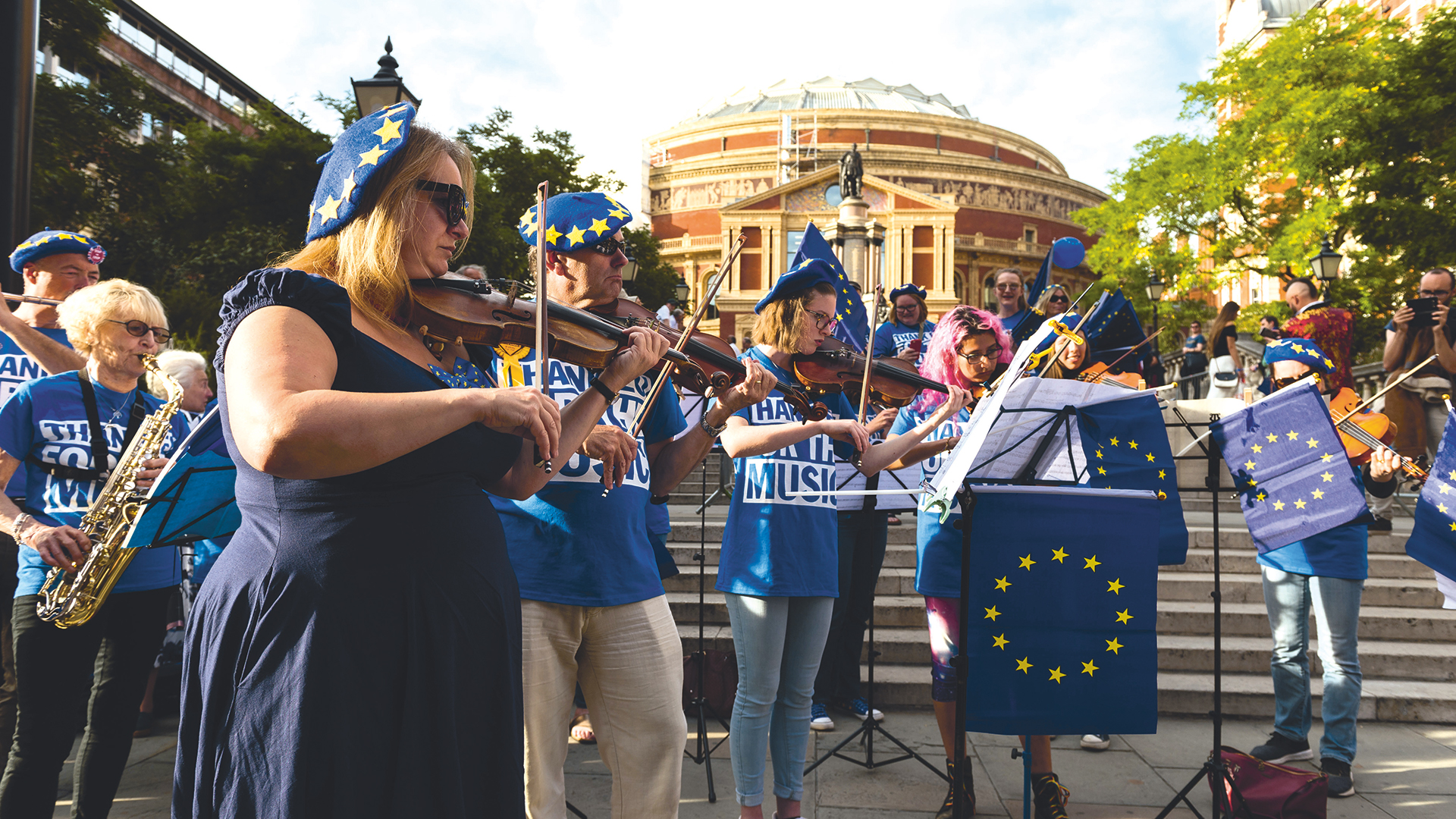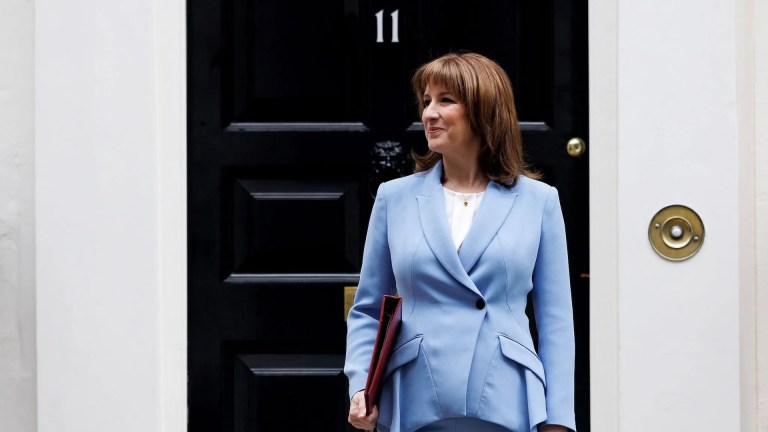The UK’s orchestras are a global success. But that success comes at a price. It’s an expensive and risky business putting on classical concerts, involving the movement of upwards of 100 people plus support staff.And after a decade of cuts in public funding, which has led to our orchestras chasing more work abroad, particularly in Europe, Brexit poses the biggest risk of all.
First off, we need access to the best in global talent. Musicians cross borders every day, either as soloists or looking for permanent work in an orchestra. Freedom of movement has made this easy, but with the UK planning to impose immigration controls, and EU countries doing the same to us, it’s all going to get a lot more difficult after the end of December.
Our members will from then on need to navigate different work permit and social security systems in each of the EU27 nations, all of which will add costs and bureaucracy. And for EU musicians wanting to live and work in the UK, this will also get a lot harder, now we know that from January 1 2021 they will be treated no differently to migrants from outside the EU and will be subject to the UK’s visa rules.
Orchestras also need to shift the musical instruments across the border, and once we have left the Customs Union we can expect customs checks, which will add costs and delays. We are used to having to get carnets for tours to the USA or China, which guarantees that the goods shipped out will be the same as those brought back in, so know just how much extra work will be involved once we have to ramp up the number of carnets needed for European tours.
And getting the musical instruments and the musicians to the venue is time-critical. If the concert is billed to start at 7.30pm, and the musicians or instruments haven’t arrived, it will be in breach of contract. It’s this and many other Brexit-related issues which are causing our hard-pressed orchestra managers sleepless nights.
But touring raises issues beyond Brexit. Climate change was a key topic at the recent Association of British Orchestras conference, which under its theme of 2020 Vision looked at the landscape for orchestras over the next decade. We know that cultural exchange is a social good, and our great music festivals, such as the BBC Proms, need to present a full range of UK and foreign orchestras. But questions have to be asked about the sustainability of moving orchestras thousands of miles, with all the carbon emissions that entails. We may just have to start being more local and less global.









